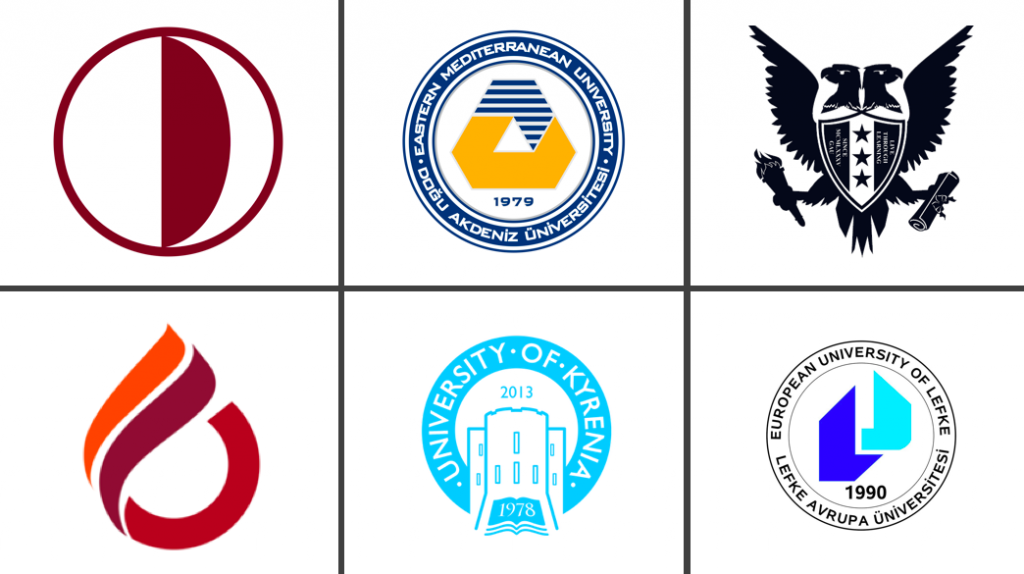I am an MBA student in a lesser known part of the world called the Turkish Republic of North Cyprus (TRNC). For those who have never visited, it is one of two states on the island of Cyprus, located in the Eastern Mediterranean.
A few weeks ago, I sat in the office of one of the media houses in the TRNC. We talked about a lot of things, but there was one question that was asked: “How are international students enrolled in the universities across the island?” The person asking was curious to know how international students were attracted to come to North Cyprus in particular.
I thought it would be helpful to shed some light on the challenges of the process based on the experiences of myself and fellow students. As things stand, the process is ripe for exploitation from dubious agents due to a lack of proper controls. It is vital the Turkish Cypriot authorities review the situation and I hope the suggestions offered can help manage these issues more effectively.
This article is a little long (I apologise in advance for this), but it is important that we breakdown the process, so it is easier to pinpoint specific problems and appropriate solutions.
Higher education contributes about 20% of the TRNC’s total GDP; it is the second largest sector, just behind tourism. Given the economic fallout due to the pandemic, it is safe to say that higher education revenues could surpass tourism this year, presenting a compelling case for urgent reforms of this major sector.
International students travel to the TRNC arrive from over 80 countries. It is particularly popular with students in Africa, Central Asia and the Middle East.
There are a lot of issues affecting the wellbeing of international students, much of it directly linked to the poor state of affairs in the TRNC. However, the problems arise even before they have left their home country. So, I am going to ask you to become an international student for the rest of this article. Let’s begin.
Learning about the student paradise that is the TRNC
You are far more likely to hear about the TRNC from a friend or an “agent” than from seeing an advert online or a university brochure. This friend, or “agent”, will tell you about “cheap” school fees in a “European” university.
Universities in North Cyprus typically use existing students in their marketing, offering them commission for every new student they enrol. The strategy ensures a steady influx of students from their home countries year after year.
Most universities don’t appear to have any structured process of hiring and managing these “agents”. As a result, it has left thousands of international students in a precarious position.
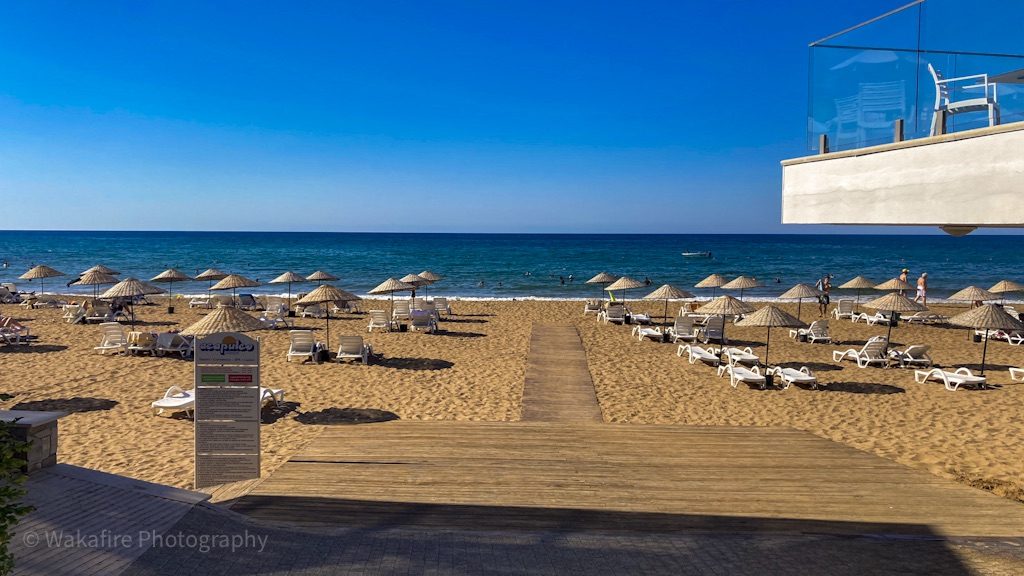
Student body VOIS Cyprus (Voice of International Students Cyprus) has repeatedly attempted to engage the heads of universities, the TRNC government, and other key stakeholders about the chronic issues arising from agents, but beyond a few words of sympathy nothing has been done, and so the problems persist.
Back to you. You investigate and start asking questions about the TRNC. The “agent” tells you about this beautiful island with affordable courses at great universities and low cost of living, which also allow work-study programmes, so you can get a job while in school. Compared to what you might have been told about studying in the United States, Canada and so other countries, this sounds like a dream – you might even say “too good to be true”.
Now, not all students take the time to verify these claims, but you are diligent and intelligent. You want to do your research, so you attempt to reach the universities mentioned. You try to check them out online.
The first shock hits you: a lot of the universities claim to be welcoming to international students, but most of their communication on social media is only in Turkish. No worries, Google translate to the rescue, right? Then, you realise that the bulk of the information online doesn’t actually answer the questions you have. So you send an email to the university and wait for a response, which never arrives.
Then you attempt to check what’s written on the internet, but the pages are littered with stories about the deaths of Nigerian students in Cyprus, some of which are false according to your “agent” and they are right, but it’s still concerning. You look for more official sources, checking the websites of the Education, Foreign Affairs, and Interior Ministries, but none of them provide up-to-date and complete information either. So, you turn back to your “agent” and it is clear that he/she is now your only source of information about the TRNC.

Your “agent” paints your head with pictures and stories, maybe even sends you visuals to illustrate life in North Cyprus, and pretty soon you start to fall in love with this paradise island. What you don’t realise is that your “agent” is doing all this – including lying and manipulating – to ensure that you enrol and generate them commission from the university.
Now, you are hooked on the cool-aid that is the well-seasoned blend of truth and deception from the admission agent. You decide to pay your fees and begin to process your visa and travel documents.
It is important to note that the TRNC is one of the most affordable tuition regimes for international students globally. Yet even on this, you are not told the full truth. Initially, many foreign students are led to believe by “agents” that their deposit is the full year’s fees, but it is often only a third or half of what they have to pay. In this way, the fees appear even cheaper than they really are.
Next, your “agent” convinces you to pay for a dormitory. This is not because it is a better option than renting an apartment, but because their commission increases dramatically if you stay in university accommodation.
At the time you commit, you have no way of knowing that many university dorms are actually in very poor state. But it’s not just the condition of the accommodation that is a problem.
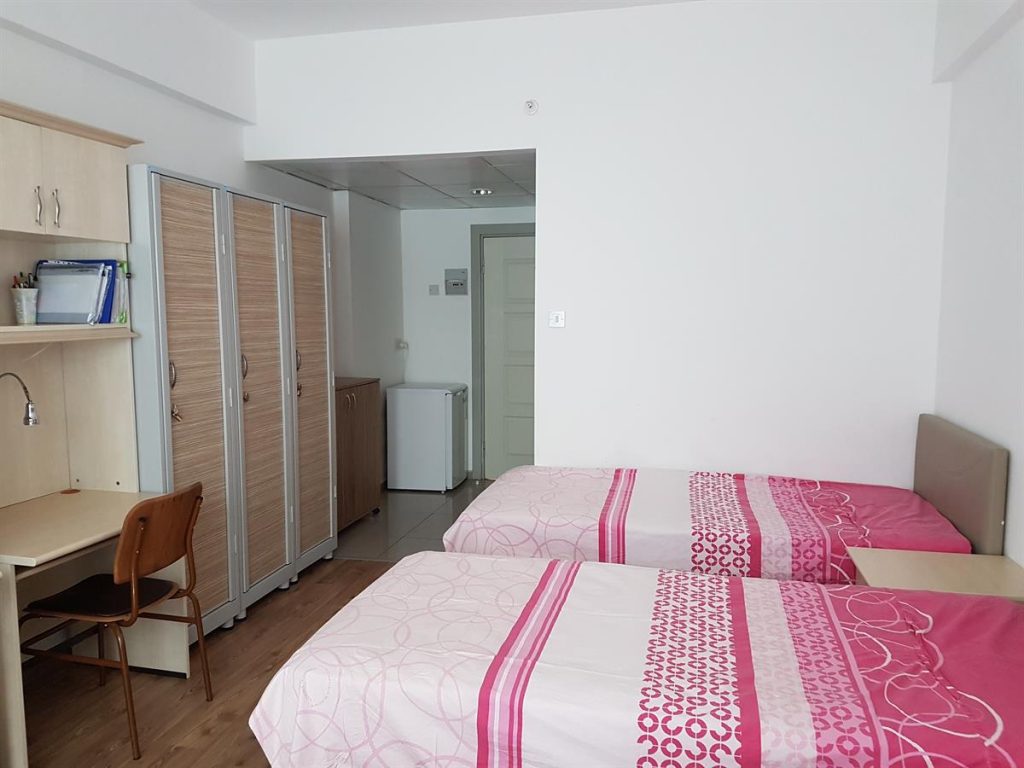
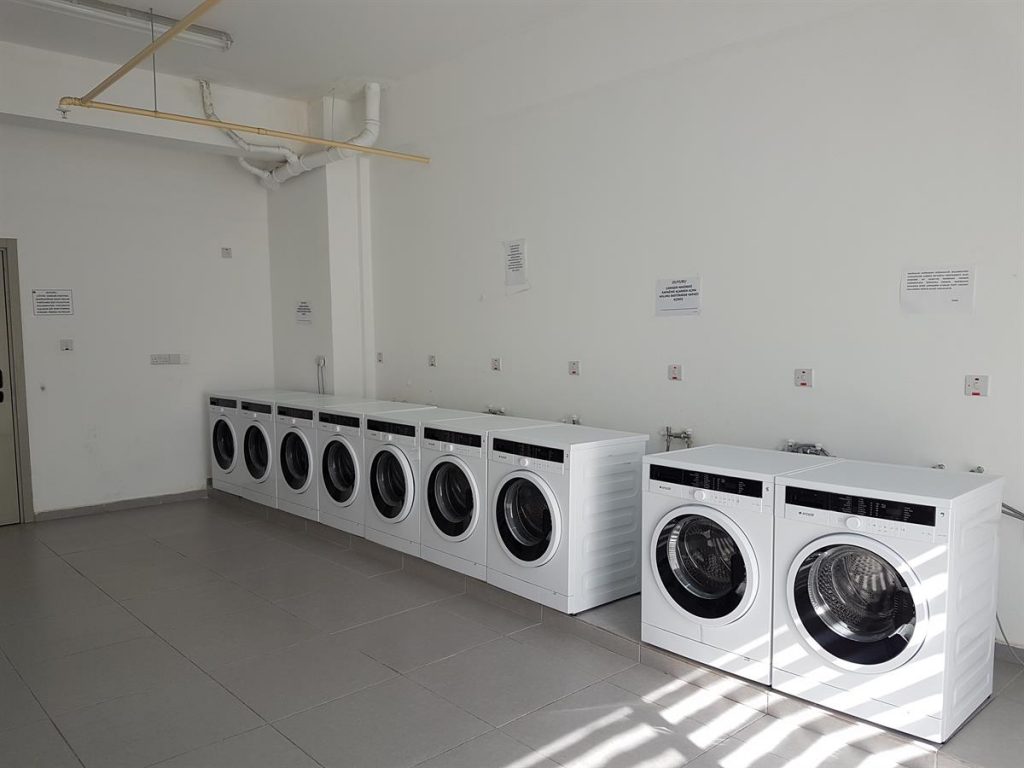
In some universities, the accounting and invoicing is so opaque that some people are billed twice. Terms and conditions are not mentioned until much later – often only after you’ve paid or signed on the dotted line. You may receive hidden charges or mysterious deductions without any chance of a refund. Students have lost scholarships overnight without any prior notice, leaving them liable to pay full fees and costs.
Because of these issues, your agent convinces you not to pay your full fees and rent in advance to ensure you are not overbilled, and the truth is they are right. Of course, you don’t realise how susceptible you are to any of these risks until you arrive in Cyprus.
After you pay the initial portion of your fees, you notice a clause on your receipt. It would be the very first time you are introduced to how things work on in the TRNC.
The receipt clause says you are entitled to a refund on your fees if you can prove to the school that your visa application was denied. As the TRNC is not internationally recognised, there are no direct flights, so you will need to fly via Istanbul, which means you also need to apply for a Turkish visa.
The Turkish Embassy (I can speak for the one in Nigeria) typically does not send documents or proof that your application was denied. Your visa application is also far more likely to be denied if you haven’t paid your fees before applying for the visa, but the visa is also not guaranteed even if you have paid in full.
Assuming all goes well, and your visa comes through, you pay your “agent” his/her own fees – on top of what the university is already paying them, though you don’t yet know they are on a commission from your college.
You will be advised to fly Turkish Airlines, even though there are more affordable options because they are the most likely to get you to the TRNC. Sadly, from previous experience, you may have to endure with poor and sometimes racist customer service, despite paying premium airfares.
Let’s recap on a few things. You think you have finished paying your fees (you haven’t), you assume you can get a job, (yes, but there are few jobs in the TRNC, which for foreign students often mean poor working conditions or hours that don’t align with your school schedule, so you must choose between classes and work) and you assume the cost of living is low (it’s not).

One of your biggest costs is for accommodation, which is through the roof compared to your income, made worse as it is usually collected in a foreign currency. There is also the problem that some landlords won’t rent to you at all.
Did I mention that “agents” also collect a commission from you equal to the cost of a month’s rent for delivering you to landlords? Not just that, your deposit will only be returned at your landlord’s discretion, even if you leave everything in the apartment exactly as you found it when you first moved in. In retaliation, some international students deliberately damage properties, prompting landlords to stop renting to international students, creating a never-ending negative cycle.
On top of all of this, you still really have no idea how things work in the TRNC. You don’t know what rights you have as an international student and whether the TRNC constitution offers you any protection. So, you are stuck.
You cannot afford decent accommodation, you cannot get a job, you cannot afford a flight back home, you cannot afford the rest of your fees, which also means you cannot get your TRNC student resident’s permit. All the money you’ve set aside for your first year is now gone, you can barely survive, and your “agent” is nowhere to be found, probably off to recruit the next batch of unsuspecting students.
At this point, you too may join the league of “agents”, and concoct your own blend of lies and truths to get other overseas students to enrol at a TRNC university, and live off the commissions.
Well, congratulations, you are now an international student in the TRNC.
How can we resolve these issues?
-
Foreign students are the TRNC’s goodwill ambassadors
It would seem a no brainer, but clearly the Turkish Cypriot authorities have yet to fully appreciate the impact 40,000 foreign students could have on promoting North Cyprus abroad.
Each one is a potential goodwill ambassador, able to amplify the TRNC government’s message that the unfair embargoes must end and – in the era of President Ersin Tatar’s 2-state policy – the TRNC must be officially allowed to take her place in the family of nations.
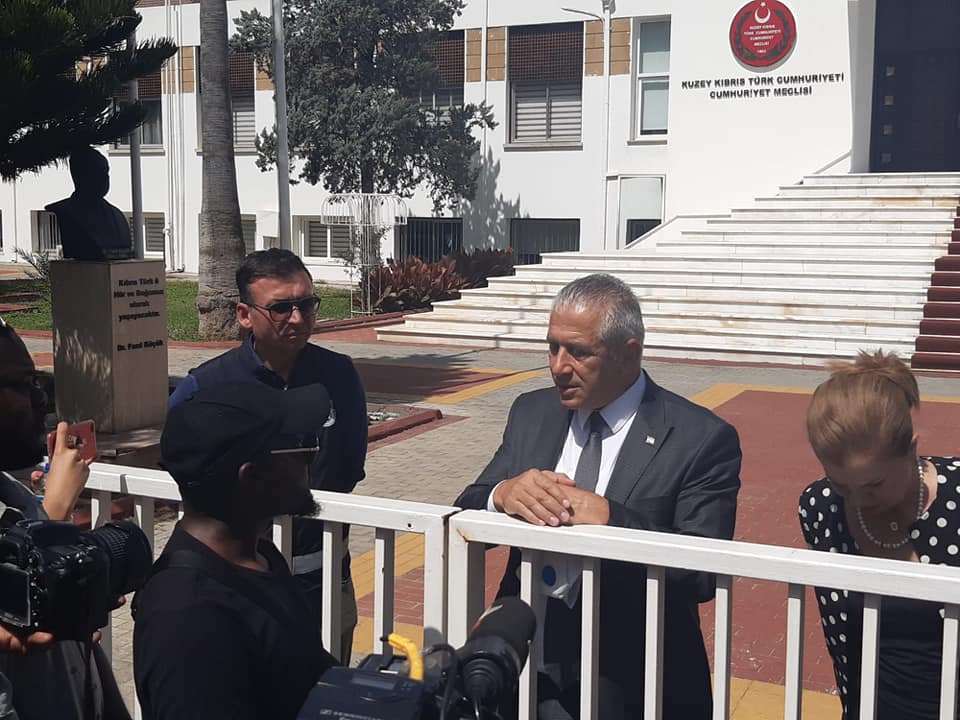
This type of soft power requires can only come into play when the TRNC authorities start to value its international student community more. It needs to take their issues seriously, harmonise and foster healthy alliances with their student representatives, and adopt genuine student-friendly policies that not only welcome, but also assist international students from the moment they show interest in their home countries to when they graduate.
-
Stakeholder cooperation and comprehensive only information for enrolments
The biggest sticking point is the lack of official information in English covering the student enrolment process from A to Z.
This important resource should be easy to locate online, and created and maintained by the TRNC Education Ministry and TRNC Foreign Affairs Ministry, featuring a host of crucial details including visa and student residency permit criteria, and TRNC employment rules for students. There can be links to Turkish and TRNC embassies, and other key parties such as airlines flying to North Cyprus.
Guidelines covering all TRNC universities by the Education Ministry can cover areas such as university fees, payment options, and accommodation types. There can be a section addressing commonly asked questions, such as “what are working conditions like?”, and “what is the minimum wage in the TRNC?”.
This cooperation should include a change in the process, so visas are automatically issued when students show proof of fee payments to their TRNC university. This is how the system works in The Netherlands.
-
Early interaction between universities and prospective international students
The Admissions team of each university can be mandated to respond within 48 hours of a prospective student applying, with the university initiating a direct call with the prospective student within a fortnight after that.

This allows staff to meet the student via a video and/or phone call to orientate them about the school and country, and answer questions about studying in the TRNC. It should be followed up with an email providing links and attachments to relevant reading materials, with the option of additional contact to cover further questions before they leave their home country.
This will offer a student and their family important assurance that the information given is correct and the student will not at the mercy of any “agent” when far from home.
VOIS Cyprus and student representatives at each university can help advise on this.
-
Legislate and enforce compliance in housing
International students are more likely to rent from places recommended by other international students, and universities are less likely to work with realtors because they need their dormitories filled.
Legislation already exists that all accommodation, whether dormitories or apartments, are up to a decent standard, but where is the enforcement? Local councils should be inspecting all properties and verifying that they are fit for rental by issuing a licence to landlords, which in turn can be shared with students. Properties which fail such checks must not be permitted to be put on the rental market.
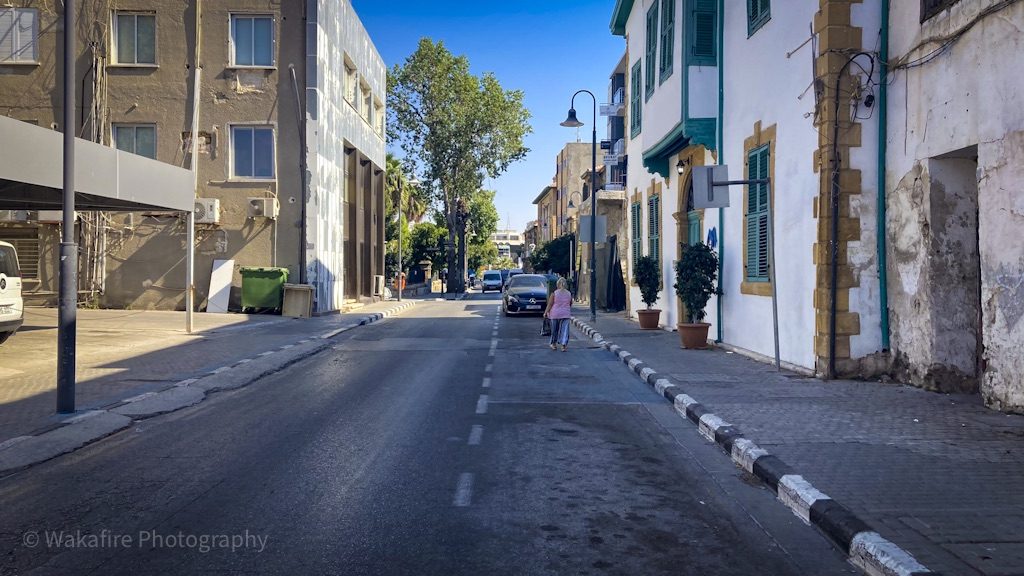
Secondly, TRNC letting agents should work with international students to offer clear, fair and well-defined lease agreements that is supported by robust housing legislation. Tenants should no longer have to pay “agents” – such charges should be made unlawful, and the agent only receives a commission from the letting agent.
Similarly, the law must be clear on protecting the deposits of tenants and make it easy for them to enforce their rights when there is a dispute with their landlord. There are lots of tenancy deposit schemes abroad, such as the one in Britain that is authorised by the Ministry of Housing, Communities and Local Government, that the TRNC can adopt and adapt.
Introducing better legislation will ensure dorms and other rented student accommodation are habitable, decent and fair to student tenants, who know that if a landlord lets a property below the required standard, there is recourse to the law with stiff penalties to ensure the necessary repairs are made or they as tenants receive a full refund. Similarly, housing laws can protect landlords from abusive tenants that damage their property.
-
Working conditions for foreign students
Employment law in North Cyprus must evolve to reflect the changing needs of the workforce, and these must be strictly enforced for all workers, whether local or foreign. From student work permits, to the minimum wage, provisions exist but are rarely enforced to protect international students, leaving them exposed to exploitation in the workplace.
For example, the police and courts often refuse to intervene if an international student worker is mistreated or harassed by their employer because the student is working without a work permit or for longer than the permitted four hours a day for foreign students. As the student is contravening TRNC employment law, officials view their grievance case as ‘null and void’. This approach means employers regularly escape penalties and so continue to exploit foreign student staff. These loop holes must be closed to prevent such abuse.
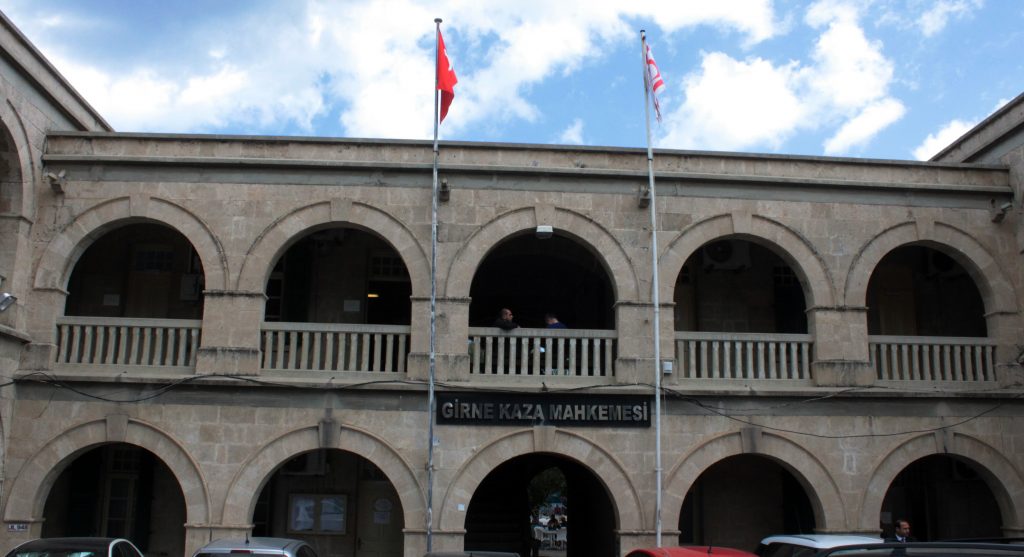
The TRNC has made provisions for student work permits. This could be adjusted to allow international students to apply directly for a work permit, collected at their various universities (like the resident permit is currently done), providing students with employment rights from the get-go. It then makes reports about employers from students credible in courts should the need arise.
In the same vein, TRNC businesses should be better educated about worker rights and the opportunities of benefiting from a large student workforce if they can offer flexible working hours to allow students to attend classes too.
-
Higher education technical committee to vet university “agents” and other student needs
Finally and most crucially, the higher education sector must urgently address the role of “agents” who regularly misrepresent the realities of studying in the TRNC. Naturally, there is a role for agents, but they cannot be left to operate as they please.
There should be a code for “agents”, so they act both lawfully and ethically. “Agents” should be vetted, and their status verified by the authorities, so prospective students know they are official representatives of a university and that they are receiving commissions for each student who enrols through them.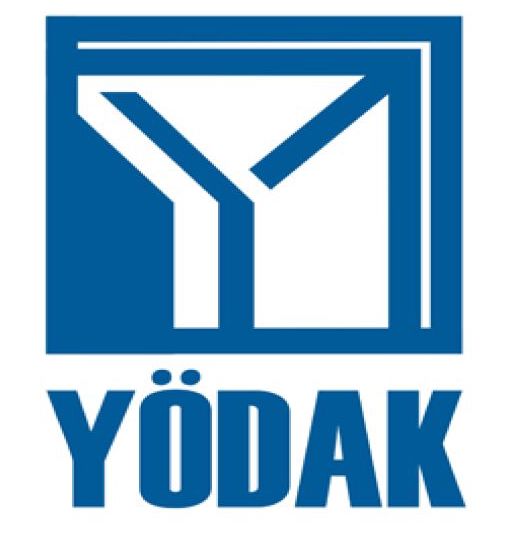
These measures should be standardised, and strictly enforced – this is one of the perennial problems of life in North Cyprus, and international students often bear the brunt of it, as they have no local support to overcome those who break the laws and harm them.
A technical committee comprising of all the key stakeholders should drive the changes needed to regulate “agents” and other reforms that can drastically improve the experiences of international students in the TRNC.
Reputations matter, so it is essential the TRNC government and Council of Higher Education (YODAK) act on these issues quickly and fully. Failure to do so risks irreparable self-inflicted damage occurring to one of its most vital sectors, which may take years to recover from.

